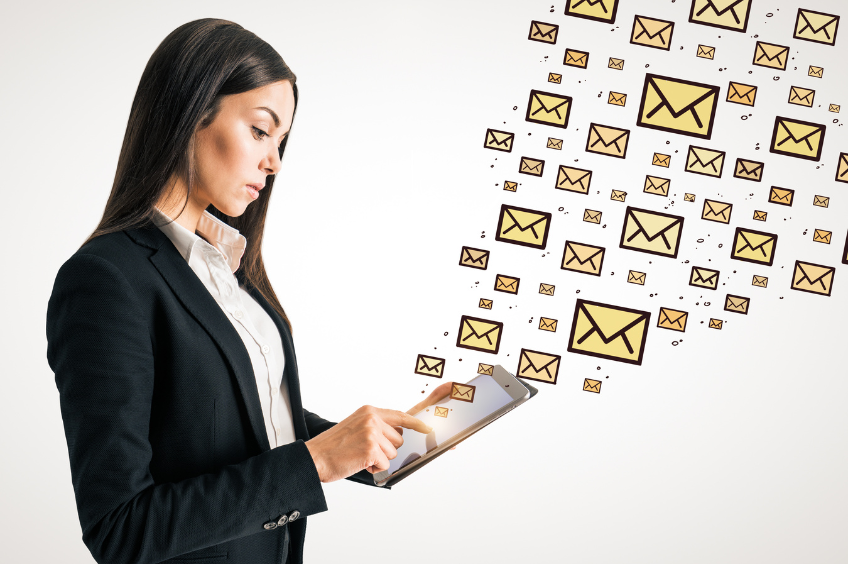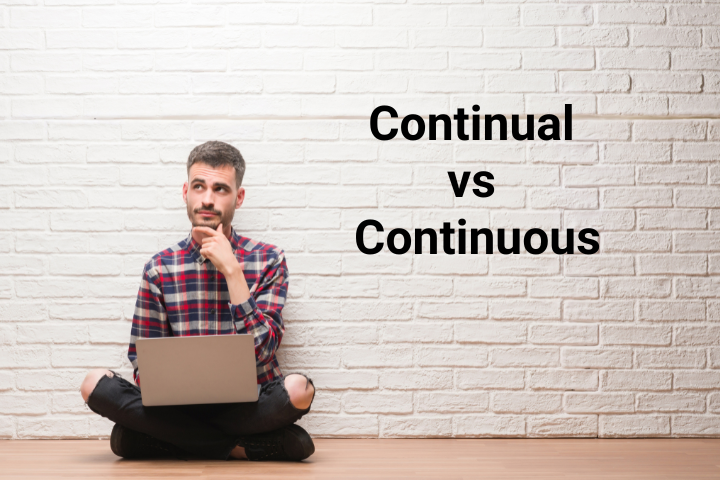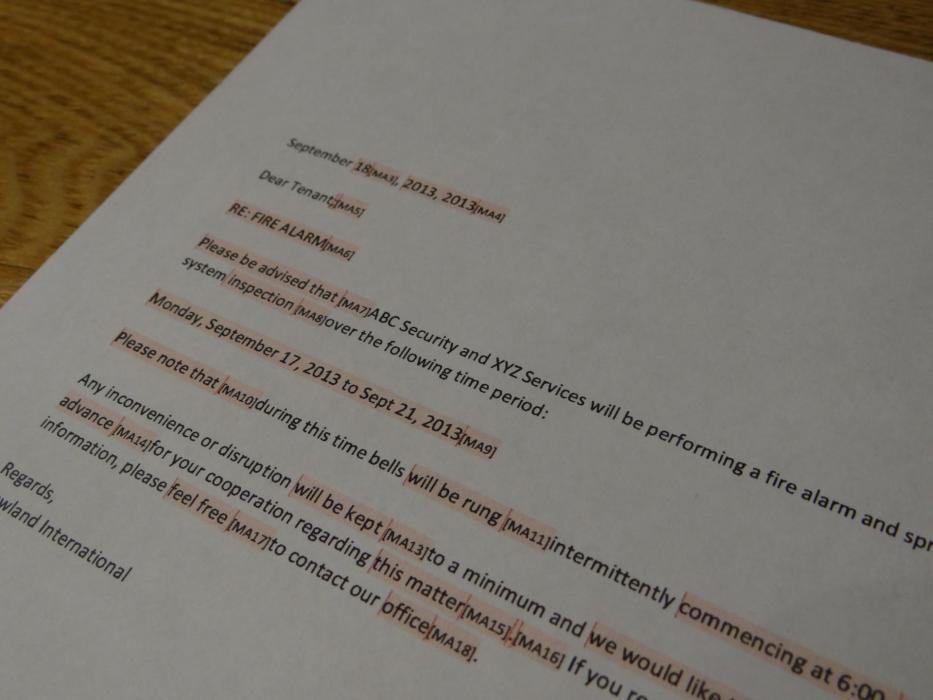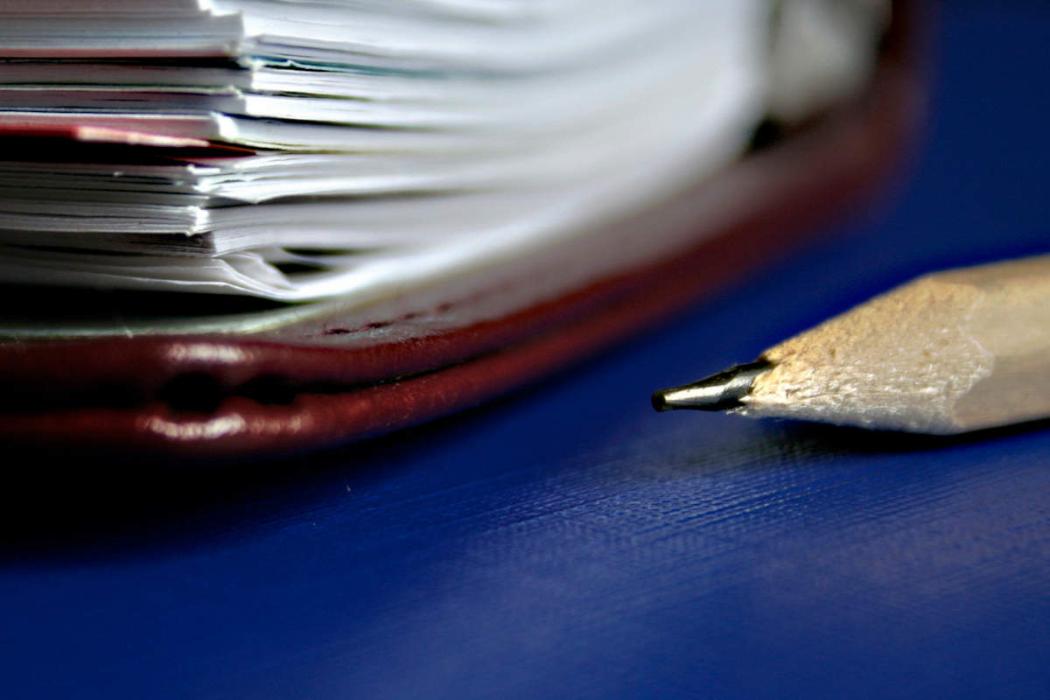
Is Email the Best Choice? Factors to Consider Before Hitting “Send”
Email is one of the most commonly used forms of communication in the business world. However, it's not always the most efficient or effective way to convey your message. In fact, according to a study by Adobe, the average worker spends 4.1 hours per week checking their work email, though a significant portion of this time is spent on unnecessary or unproductive email exchanges.
Here are some factors to consider when deciding if email is your best option:
Urgency: If your message is urgent and requires immediate attention, a phone call or text message may be more appropriate. The recipient may not check their email frequently and may miss your message.
Confidentiality: If your message contains sensitive or confidential information, using a secure messaging app or encrypted email service may be more appropriate. Emails may be susceptible to hacking or unauthorized access.
Purpose: Are you conveying important information, discussing a complex issue or simply checking in? Depending on the purpose, a different communication method may be more effective.
Here’s a great checklist that you can use to help determine when to and when not to use email.
Use email when you…
- Send a message to a large group
- Provide information that requires no action
- Send attachments
- Want a written record of discussions
- Need to accommodate alternate schedules (shift work or time zone differences)
- Schedule meetings
Don’t use email when you…
- Require an immediate response
- Need to send a long message
- Want to ensure intent/emotions come across clearly
- Discuss a complex topic or any topic where you expect a lot of back and forth conversation
- Send sensitive or confidential information
- Communicate with someone who doesn’t have easy access to email or has indicated they don’t want email communication
If you've determined that email is not the best option, you'll need to choose a different communication method. There are times when phone conversations, meetings or face-to-face discussions are more efficient and effective ways to convey your message. It's worth noting that each communication method has its own advantages and disadvantages.
Our Determining the Format tip sheet outlines different methods you can use to convey your message and highlights the benefits and shortcomings of each method. Using this resource will help you determine the best communication method for your specific situation and ensure that your message is delivered effectively.
As Rumeet Billan, a leadership and inclusion consultant, says;
"Effective communication isn't just about getting your message across, it's about making sure the message you're sending is the message that's being received."
By taking the time to consider the best communication method for your message, you will save time and prevent misunderstandings or confusion that can arise from ineffective communication.








